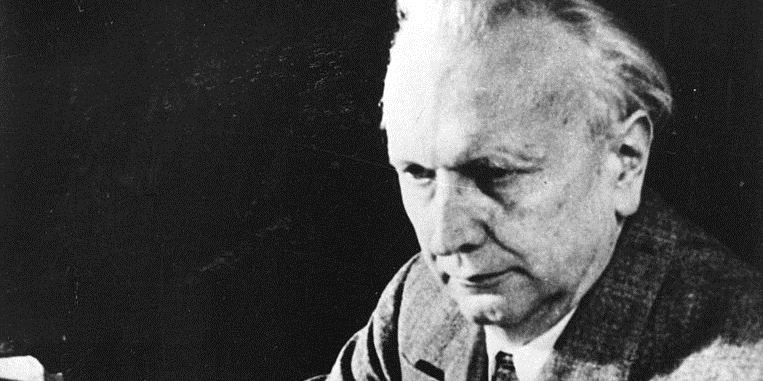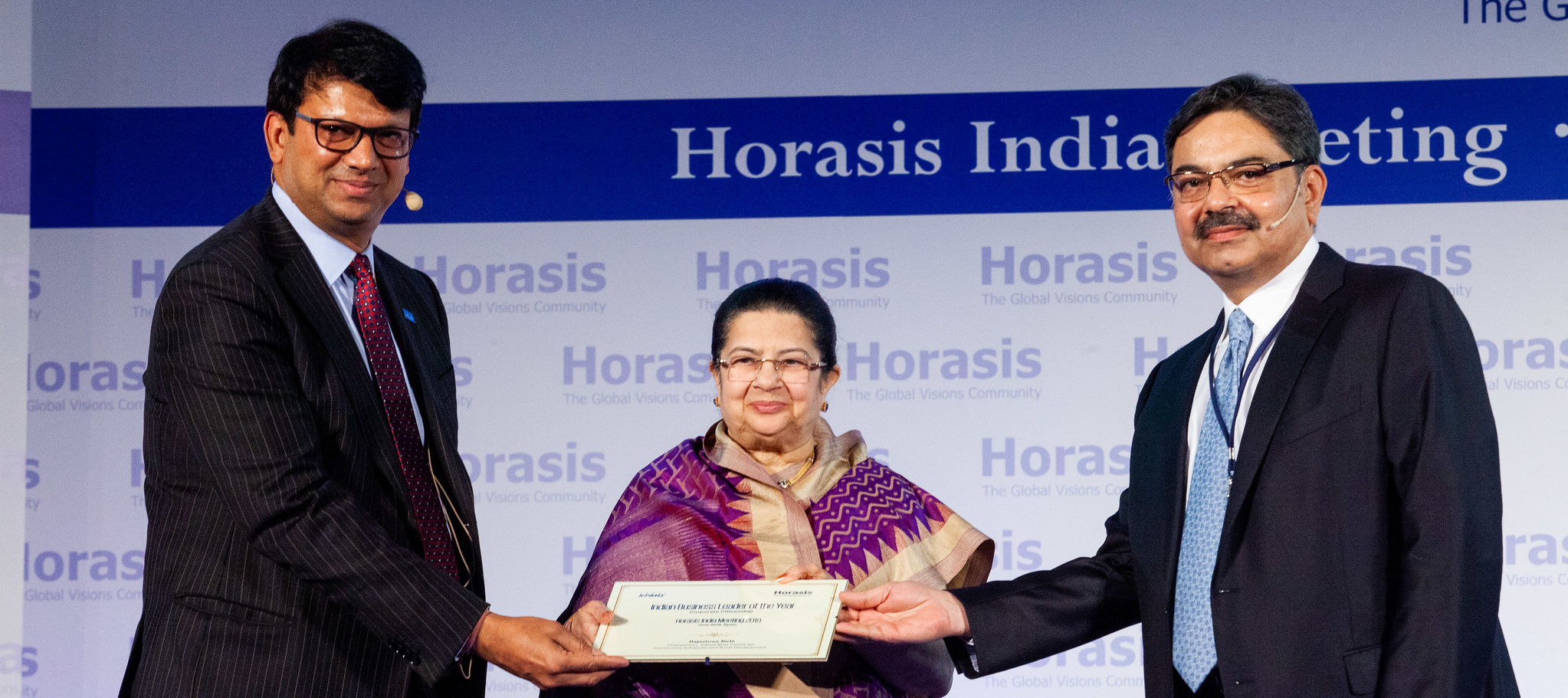Building Global Civilization: Humankind’s Core Obligation
“Everyone knows that the world situation in which we live is not a final one.”
Karl Jaspers, Man in the Modern Age (1951)
For the most part, human beings regard any global or planetary civilization as a naïve objective. At the same time, nothing is more plainly evident than the incapacity of traditional world politics to ensure species survival. No other conclusion could reasonably be drawn from the barbarism of belligerent nationalism or “realpolitik.”
There are supportive arguments. In primal matters of biology, matters of “being human,” we are all essentially the same. But that “sameness” is not exclusively biological. It carries over to humankind’s multiple and intersecting needs as communities, nations and planet.
Where do we stand today on global reform and transformation? Virtually all nation-states, including major world powers, remain oriented toward the diametric opposite of planet-wide solidarity. The world’s incessantly cynical postures of corrosive nationalism represent explicit rejection of such solidarity. Importantly, this ill-fated rejection has no jurisprudential basis in codified or customary international law.
These are not just matters of “common sense.” In 1758, in The Law of Nations, Swiss legal scholar Emmerich de Vattel affirmed the primacy of human community and interdependence. Observed the classical jurist: “Nations….are bound mutually to advance human society…The first general law …is that each nation should contribute as far as it can to the happiness and advancement of other Nations.” Vattel’s visionary ideals have never held any discernible sway in global politics (they have always been regarded as fanciful or utopian), but today, especially after Russia’s aggression against Ukraine, these ideals have been pushed even further “beyond the pale.”
Some core questions are no longer even asked. Why should a “powerful” country seek geopolitical advantage without any net benefit? Left unmodified, the most palpable effect of these retrograde policies will be a more starkly accelerating global tribalism. To the extent that the corrosive effects of this false communion could display or ignite a nuclear conflict, these effects (whether sudden or incremental) could propel this imperiled planet toward irreversible catastrophe and enduring chaos.
Ultimately, if we humans are going to survive as a species, historical truth must prevail over political wizardry. An unavoidable conclusion here is that any continuance of national safety and prosperity must always be linked with its wider global impact. It is foolish to suppose that this nation – or, indeed, any other nation on this forever bleeding planet – could expect security at the cumulative expense of other belligerent nations.
The bottom line of global “oneness” is clear. We (individuals and nations) are “all in the soup together.” The Covid pandemic, of course, has been universal. It ought to provide impetus not only for mitigating a particular disease pathology, but also for institutionalizing much wider patterns of global cooperation.
The evidence is unambiguous, By its very nature, any celebration of belligerent nationalism is crude and injurious. The only sensible posture for the United States and the wider world must now be some plausible variation of a single planetary future. Such an improved vision might not be all that difficult to operationalize if there were first some antecedent political will. This vision is supported by historical evidence, accumulated science and formal logic.
The basic idea behind a gainful human “oneness” is readily discoverable in the words of Pierre Teilhard De Chardin: “The egocentric ideal of a future reserved for those who have managed to attain egoistically the extremity of everyone for himself,” summarizes the French Jesuit scientist and philosopher, “is false and against nature. No element can move and grow except with and by all the others with itself.”
The key message here is simple, straightforward and illogical to contest. This message communicates, among other things, that no single country’s individual success can ever be achieved as a zero-sum matter. We should learn from the same message that no narrowly national success is sustainable if the world as a whole must thereby expect failure.
Credo quia absurdum, said the ancient philosophers: “I believe because it is absurd.” In principle, at least, pandemic can help to bring discrepant civilizational matters into focus. No conceivable re-configuration of Planet Earth can prove gainful if the human legions which comprise it remain morally, spiritually, economically and intellectually segmented.
The prescient philosophers are correct. For the world as a whole, chaos and anarchy are never the genuinely underlying “disease.” That more determinative pathology remains rooted in certain “great and powerful” states that fail to acknowledge human interrelatedness. Significantly, this unforgivable incapacity to acknowledge our species’ biological “oneness” has become an existential problem.
What should we now expect concerning cooperative world community or “planetization”? Left fractured and unimproved, world politics will only further encourage an already basic human deficit. This deficit is the incapacity of individual citizens and their respective states to discover authentic self-worth as individuals. Such an enduring liability was prominently foreseen in the eighteenth century by America’s then-leading person of letters, Ralph Waldo Emerson.
Today, unsurprisingly, the still-vital insights of Emerson’s “American Transcendentalism” remain recognizable to only a tiny minority of citizens. How could it be different? In present-day United States, almost no one reads serious books of literature, science or philosophy. This observation is offered here not in any offhanded or gratuitously mean-spirited fashion, but merely as a simple fact of American life, one famously commented upon during the first third of the nineteenth century by French visitor Alexis de Tocqueville (See Democracy in America). This same observation led the Founding Fathers of the United States to rail against “mass” in the new nation’s governance.
In essence, the United States was never even imagined as a democracy. Back in the 18th century, creating a republic was revolutionary enough.
Looking ahead, our relevant focus should be on world politics and getting beyond geopolitical state-centrism. From pandemic control to nuclear war avoidance, belligerent nationalism remains both indecent and misconceived. Russia’s ongoing crimes against Ukraine are a clear case in point.
Left to fester on its own intrinsic demerits, this atavistic mantra would do little more than harden the hearts of America’s most recalcitrant state enemies. What we need now, as Americans, as citizens of other countries, or simply as worried inhabitants of a grievously imperiled planet is a marked broadening of support for global “oneness.” However implausible and visionary, such a broadening ultimately represents a sine qua non of species survival. What we require is “cosmopolis.”
From the 1648 Peace of Westphalia, which ended the last of the religious wars sparked by the Reformation, international relations and international law have been shaped by an ever-changing but perpetually unstable “balance of power.” Hope still exists, more-or-less, but today it must sing softly, in an embarrassed undertone, sotto voce. Although counter-intuitive, the time for any visceral celebrations of militant nationalism and military technology is at least partially over.
What is to be done? Macrocosm follows microcosm. In order to survive on a fragmented planet, all of us, together, must seek to rediscover a consciously individual life, one that is wittingly detached from pre-patterned kinds of nationalistic conformance. There should be no further tolerance of some falsely imagined tribal happiness. United States obligations to peace and justice in the short run require policies that respond purposefully to Russian aggression and related crimes, but even the most successful of these policies would still ignore the more overriding human obligation. To use a popular metaphor, these policies could only “kick the can” of global civilization or “cosmopolis” further “down the road.”
Then we could finally learn that the most suffocating insecurities of life on earth can never be undone by militarizing global economics, by building larger missiles or by traditionally “realistic” definitions of national security. Nonetheless, the blatant insufficiencies of “Westphalian” international relations need not call ipso facto for world government. As an immediately obvious weakness of any such call, we need only consider the problem of institutionalized reconciliations with corrosive adversaries, e.g. Vladimir Putin’s Russia.
In the end, whatever happens in the crumbling world of politics, sovereignty and nationality, truth must remain exculpatory. Accordingly, in a uniquely promising paradox, disease pandemic can help us see a much larger truth than the ones we have wrongly cultivated for centuries. This broadly relevant truth is that “world citizens” must become more explicitly conscious of human unity and relatedness. Such a substantially heightened consciousness is not a luxury we can simply choose to accept or reject.
Its selection is indispensable. Such selection represents a firm prerequisite of national and species survival. “Civilization,” offers Lewis Mumford In the Name of Sanity (1954), “is the never-ending process of creating one world and one humanity.” Visionary prophets of world integration and human oneness ought no longer be dismissed out of hand as foolishly utopian. Now, more than ever, they define the invariant wellsprings of human survival.
There is more. What we must ultimately accomplish is not “only” the survival of Homo sapiens as a species, but also humanitas, each person’s dignity as an individual. The world system’s continuing reliance on belligerent nationalism or geopolitics suggests the possibility of coinciding extinctions.
Macrocosm follows microcosm. All things human must be seen in their totality. By itself, the corona virus pandemic has been uniformly harmful. At the same time, and because it has represented a lethal threat to the world as a whole, it could have been viewed as a potentially life-affirming human unifier.
Until today, that was an opportunity overlooked and ignored.
“In the end,” Goethe reminds us, “we are creatures of our own making.” Every national society, the United States in particular, will need to embrace leaders who can finally understand the steeply complex meanings of human interdependence. In this auspicious embrace, all will need to understand the differences between a “freedom” that is uniformly beneficial and one that selectively disregards the needs of billions.
What we most desperately require are not refractory affirmations of homicidal indifference, but a renewed awareness that true knowledge represents more than affectation or contrivance. Going forward, public policy should follow disciplined logic and rigorous theorizing. Anything else would represent an inexcusable “wizardry” and lead us even further astray from residually unifying opportunities.
The prescribed task before us is complex, daunting, many-sided and bewildering; still, there are no sane and defensible alternatives. Whatever policy particulars we might ultimately adopt as a nation, America’s initial focus must remain steadfast on calculated considerations of human interrelatedness and human “mind.” The seat-of-the-pants Trump paradigm of bitter rancor and endless conflict drove us still further from species survival, humanitas and lawful behavior. That paradigm, especially its overtly-aggressive emphases on Realpolitik or power politics, was merely a dissembling blueprint for national and systemic fragmentation.
Is it an end that draws near, or a beginning?” This question posed by philosopher Karl Jaspers in his Man in the Modern Age (1951) does not elicit any obvious answers. Though all can easily acknowledge that “…the world situation in which we live is not a final one,” the actual shape of this situation’s hoped for replacement remains opaque and inconspicuous.
In the best of all possible global alternatives, thoughtful acknowledgments of “oneness” would be followed by corresponding legal and structural transformations. But – at least for the moment – efforts at “planetization” will need to be limited to variously informed transformations of consciousness. Though such transformations could first seem to be of little practical benefit, they would nonetheless represent an indispensable starting point for more tangible changes.
Certain disciplined conclusions should now present themselves. Prima facie, the anarchic or “Westphalian” world order in which humankind has endured for centuries is no longer tolerable. Trapped in the crosscurrents of nuclear proliferation and belligerent geopolitics, this inherently misconceived world is destined for incremental dissolution or catastrophic collapse.
Either way, it ought never to be regarded as “final.”
————————–
Louis René Beres was educated at Princeton (Ph.D., 1971) and is the author of many books, monographs, and scholarly articles dealing with world politics and international law. In Israel, he was Chair of Project Daniel (PM Sharon, 2003). Over recent years, he has published in the Harvard National Security Journal (Harvard Law School); Yale Global Online; Bulletin of the Atomic Scientists; JURIST; International Journal of Intelligence and Counterintelligence; Israel Journal of Foreign Affairs; The Atlantic; Israel Defense; The New York Times; The Jerusalem Post; International Security (Harvard); World Politics (Princeton); Modern Diplomacy; Horasis (Zurich); The War Room (US Army War College); Modern Diplomacy; Small Wars Journal; Air and Space Operations Review (USAF); Modern War Institute (West Point); and Oxford University Press. His twelfth book, published in 2016 (2nd ed., 2018) by Rowman & Littlefield, is titled: Surviving Amid Chaos: Israel’s Nuclear Strategy. https://rowman.com/ISBN/9781442253254/Surviving-Amid-Chaos-Israel’s-Nuclear-Strategy A monograph on this subject was published with U.S. General (USA/ret.) Barry R. McCaffrey at Tel Aviv University in December 2016: https://sectech.tau.ac.il/sites/sectech.tau.ac.il/files/PalmBeachBook.pdf Some of Professor Beres’ earlier writings on US nuclear decision-making were co-authored with US General John T. Chain (USAF/ret.) and US Admiral Leon “Bud” Edney (USN/ret). General Chain was CINCSAC, Commander-in-Chief, US Strategic Air Command. Admiral Edney served as SACLANT, Supreme NATO Allied Commander, Atlantic. Professor Louis René Beres was an original member of the Institute for World Order’s World Order Models Project at Princeton and Yale in the late 1960s.




